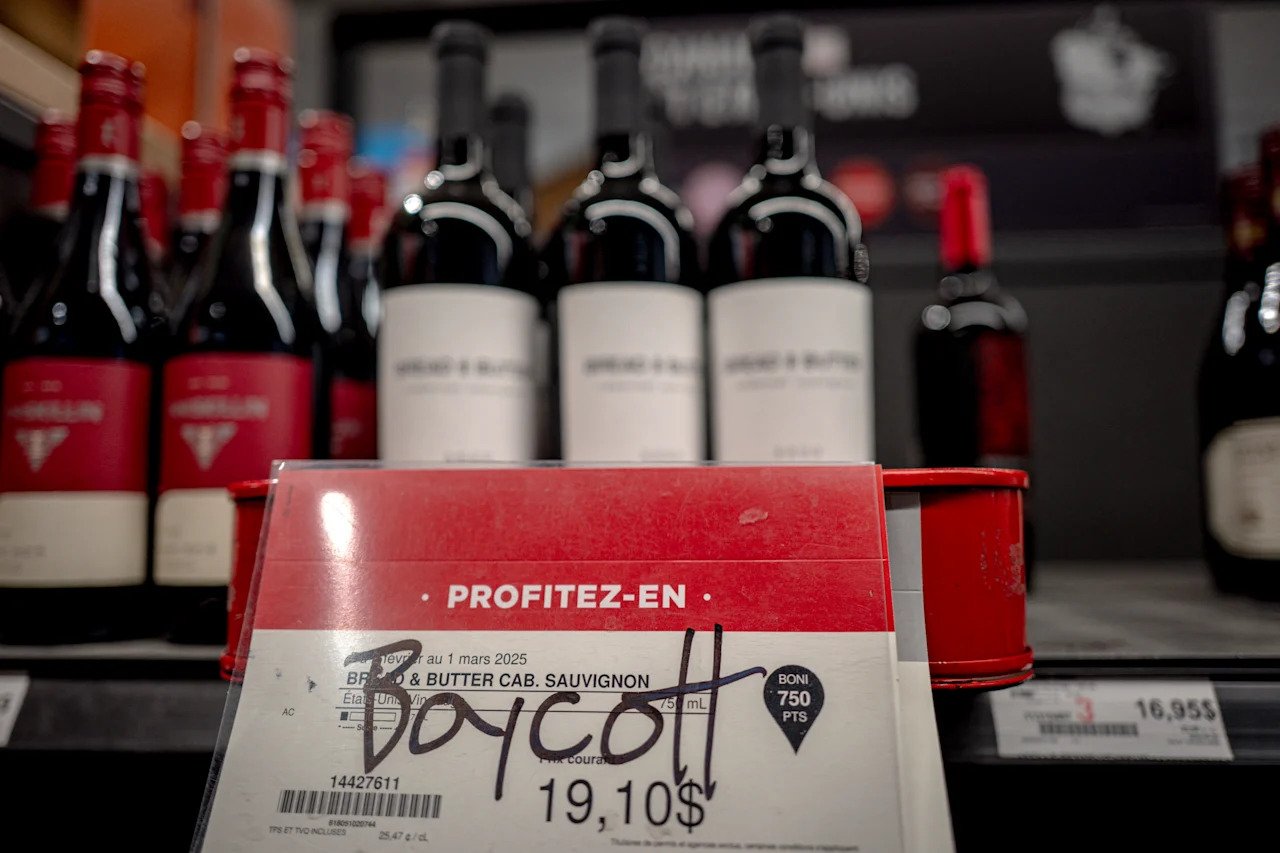
Trump tariffs live updates: Trump strikes deal with Japan, but EU digs in with over $100B counterattack
Key Points
- EU Tariff Threat: The European Union plans to impose 30% tariffs on over $100 billion of US goods, including Boeing planes and whiskey, if no trade deal is reached by August 1.**
- US Trade Deals: President Trump announced new trade agreements with Japan, the Philippines, and Indonesia, featuring reduced or zero tariffs on US exports and investments like Japan's $550 billion commitment.**
- Trump's Tariff Strategy: Trump emphasized trading tariff reductions for open markets, aiming for zero tariffs on US goods in major countries, as stated on Truth Social.**
- Automaker Concerns: Detroit automakers, including GM, Ford, and Stellantis, expressed concerns over the US-Japan deal, citing unfair tariff disparities compared to North American imports.**
- Market Reactions: European auto shares rallied after the US-Japan deal, with hopes for similar EU agreements, while companies like SAP faced declines due to trade war uncertainties.**
Summary
The European Union has threatened to impose 30% tariffs on over $100 billion of US goods, including Boeing aircraft and whiskey, if no trade deal is reached by August 1, in response to potential US tariffs of the same rate. Meanwhile, President Trump announced new trade agreements with Japan, the Philippines, and Indonesia, featuring significant investments and reduced tariffs on US exports, with Japan committing $550 billion. Trump also advocated for zero tariffs on US goods in exchange for market access, as tensions rise with larger trade partners like the EU, India, and Canada, where he has threatened tariffs of 25% to 35%. Detroit automakers criticized the US-Japan deal for favoring Japanese imports over North American ones, while European auto stocks rallied on hopes of similar deals. However, trade uncertainties negatively impacted companies like SAP, despite strong cloud revenue growth. The global trade landscape remains volatile as Trump plans to set blanket tariff rates for over 150 smaller trade partners and as ships rush to US ports to avoid impending tariffs on goods like copper.
yahoo
July 23, 2025
Stocks


